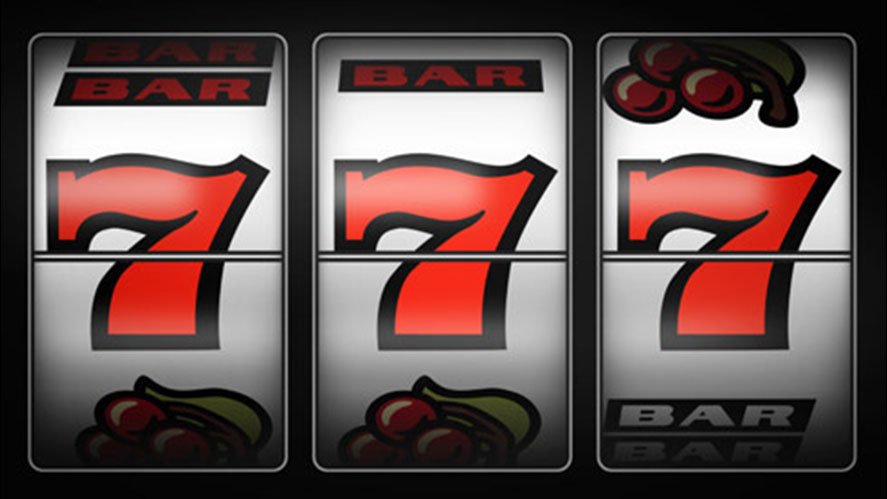

Jan
26
2016
Is It True Casinos Make Their Money From Winners?
By Travel Tunica on Tuesday January 26, 2016
bankrolls, bets, betting, betting-strategy, casino, casino-floor, casino-games, casinos, chance, chances, gambling, gaming, gaming-in-tunica, gaming-strategy, gaming-tips, house-edge, how-to-win, odds, payout, payouts, tips

It’s sometimes said that casinos make their money from winners. Of course, every time it’s said, there’s somebody who responds, “Then they should let everybody win and make even more money.”
What’s actually meant by saying casinos make their money from winners is that the house edge derives from paying winners at less than true odds. A losing bet is a losing bet no matter how much you pay the winners. But if casinos paid winners at true odds, then the winners would balance the losers and there would be no net revenue.
For an easy example, iIf you bet $1 on No. 17 on each of 38 spins of double-zero roulette wheel, then your average result is one win and 37 losses. The casino collects all its revenue your 37 losses and pays out on your one win.
However, if it paid you the true odds of 37-1 on that one win, then at the end of 38 spins in which you bet a total of $38, you would still have $38 — $37 in winnings plus your $1 wager on the winner. The casino makes money because it doesn’t pay true odds. It pays 35-1 on winning single numbers, so at the end of 38 spins you have only $36 of your $38, and the casino has a $2 profit.
The same goes for baccarat. Every winning banker bet is a losing player bet. Every winning player bet is a losing banker bet. If all those were paid at even money, they’d balance each other out and there would be no house edge. But the house charges a 5 percent commission on winning banker bets, so effect is paying .95-1 instead of the true odds of .97-1.
All of the casino’s gross gaming income comes from losing bets. However, the reason the reason its outgo doesn’t exactly balance that gross income and leave zero net income is because the casino pays winners at less than true odds.
